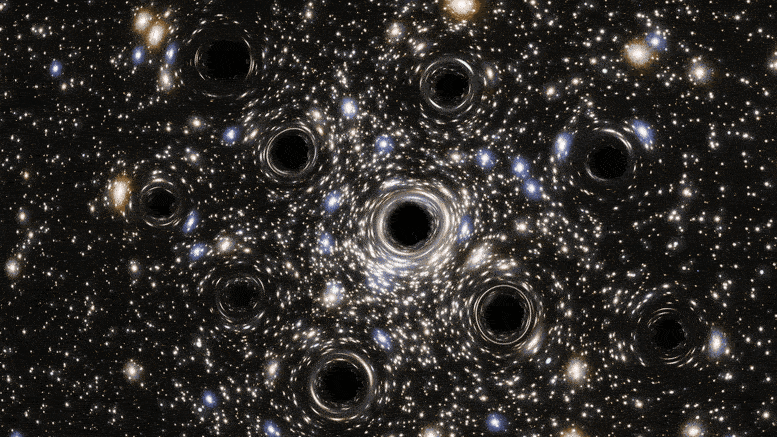Scientists were expecting to find an intermediate-mass black hole at the heart of the globular cluster NGC 6397, but instead they found evidence of a concentration of smaller black holes lurking there. New data from the NASA /ESA Hubble Space Telescope have led to the first measurement of the extent of a collection of black holes in a core-collapsed globular cluster.
Globular clusters are extremely dense stellar systems, in which stars are packed closely together. They are also typically very old — the globular cluster that is the focus of this study, NGC 6397, is almost as old as the Universe itself. It resides 7800 light-years away, making it one of the closest globular clusters to Earth. Because of its very dense nucleus, it is known as a core-collapsed cluster.









Comments are closed.